-
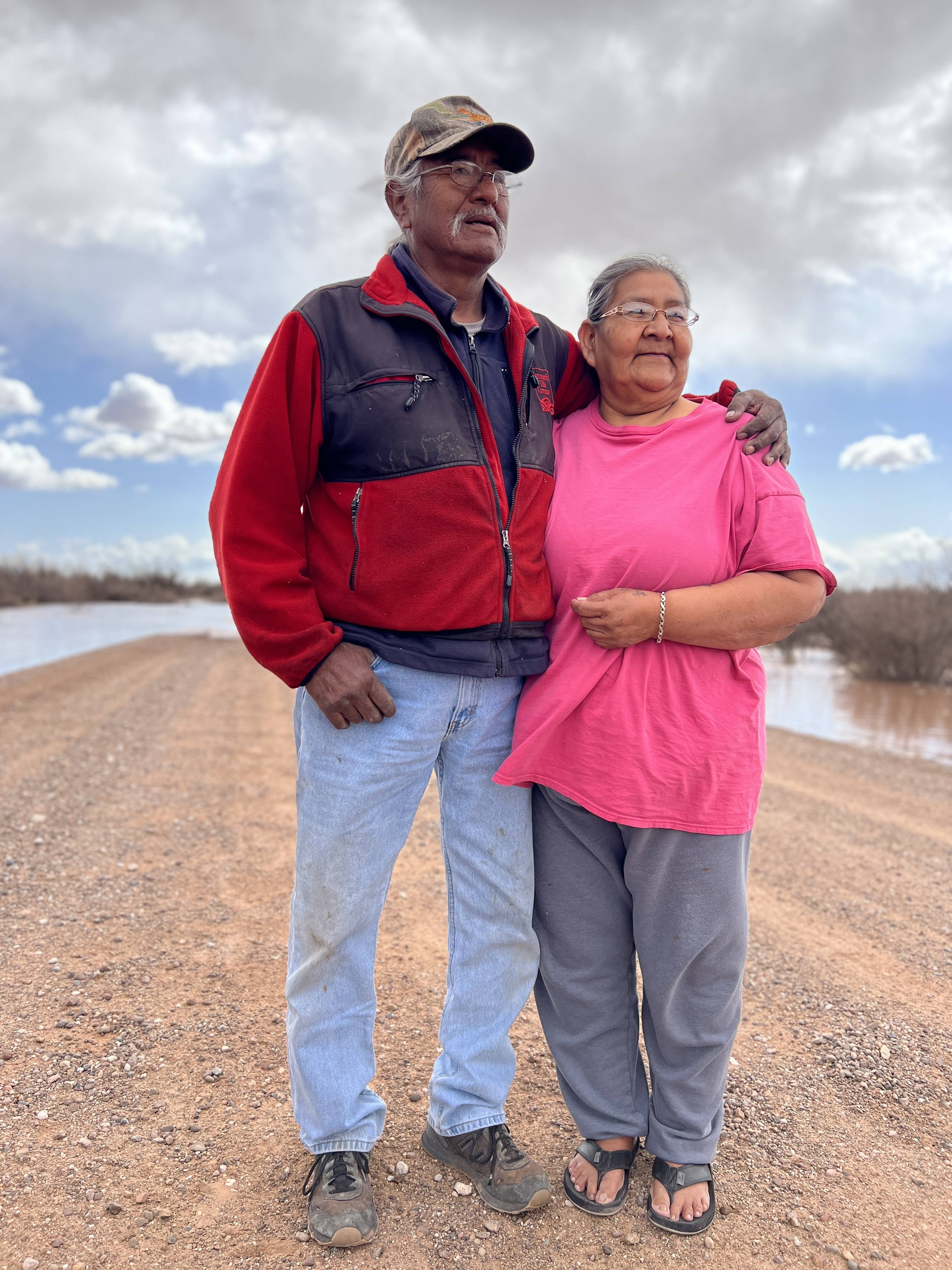 Transplant
TransplantBreaking barriers: Helping Native Americans in need get the gift of life
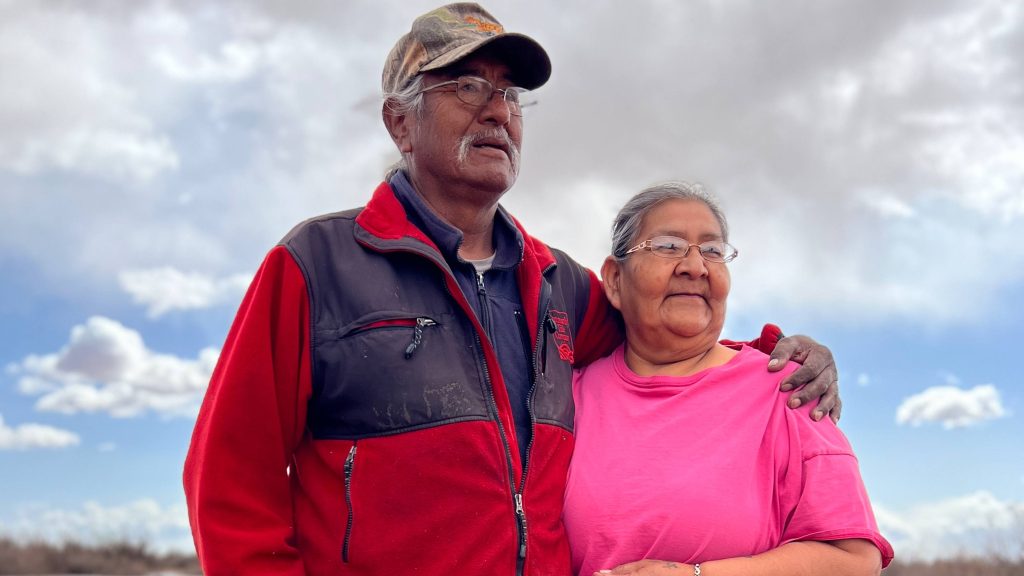
For many American Indians and Alaska Natives, living on an Indian reservation provides a sense of pride, independence, and the ability to maintain cultural and social traditions important to their heritage.
Life on the Indian reservation can also mean high rates of poverty, lack of access to food, transportation, communication and health care. Complex medical procedures like an organ transplant can seem unattainable.
Mayo Clinic in Arizona is working to change that.
A new patient outreach program is helping to connect American Indians and Alaska Natives with the lifesaving transplants they need. Marty Velasco Hames takes us to the Navajo Reservation in Northern Arizona where one man says the program helped save his life.
Watch: Breaking barriers to help Native Americans in need get the gift of life
Journalists: Broadcast-quality video (TRT 3:00) is in the downloads at the end of this post. Please courtesy: "Mayo Clinic News Network." Read the script.
Miles off the paved road, in the rugged Northern Arizona desert near the banks of the Colorado River, sits the small Native American community of Leupp. The very first Navajo chapter on the Navajo Indian reservation.
Robert Monroe, his wife Jackie, and their children are one of a handful of families born and raised, and living on this on this land today. Like with many others who call this community home, they live with little means, far below the poverty line.
"You know money is tight. It is a limited income," says Jackie. "And now we have the two grandkids that we have to provide for."
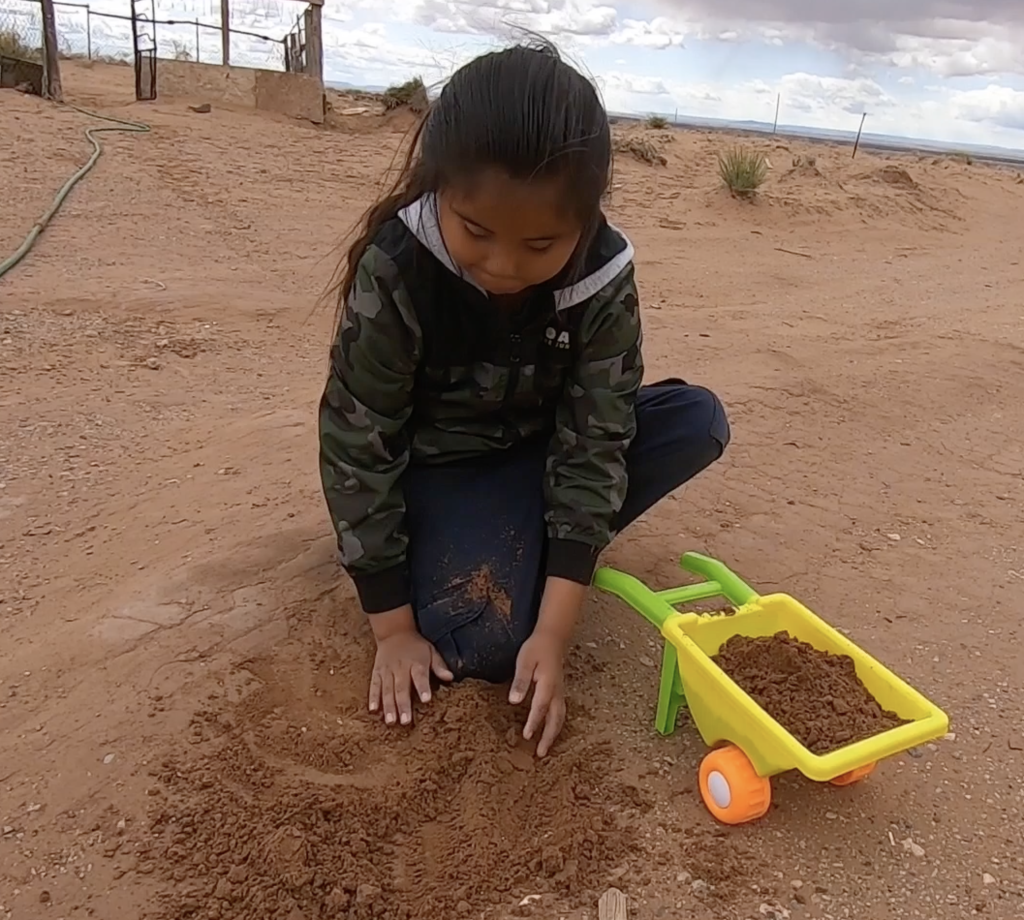
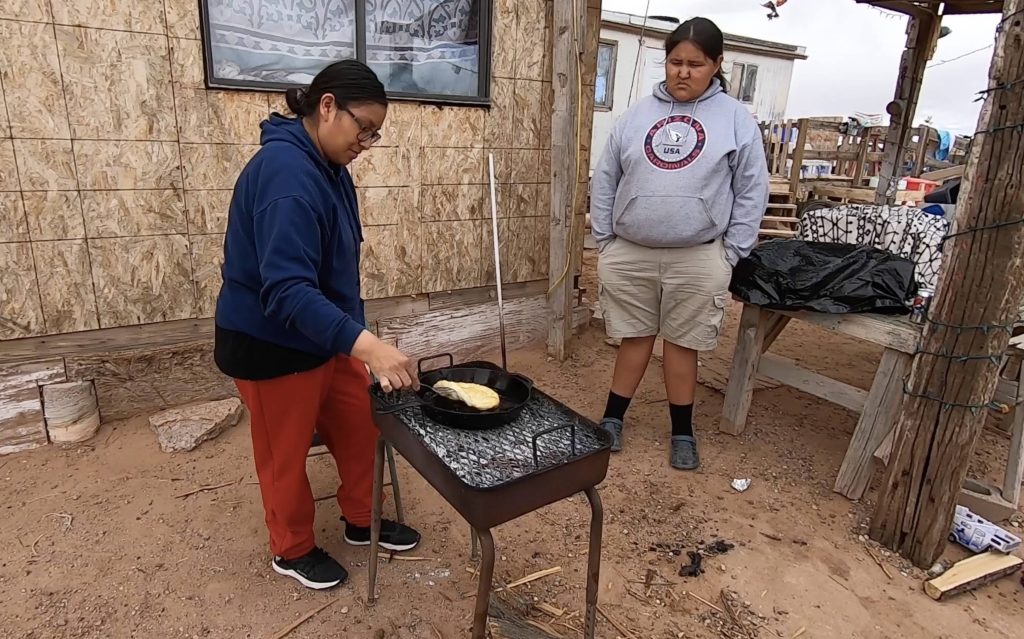
To add to their challenges, five years ago Robert was diagnosed with kidney disease. Doctors told him he needed kidney dialysis three days a week. The closest dialysis center was about an hour away from their home. They had a car, but the back-and-forth trips became costly. Jackie and the kids would make lollipops and frybread to sell and raise extra money for gas.
"It wasn't easy," says Robert. "A lot of times we hitchhiked to dialysis."
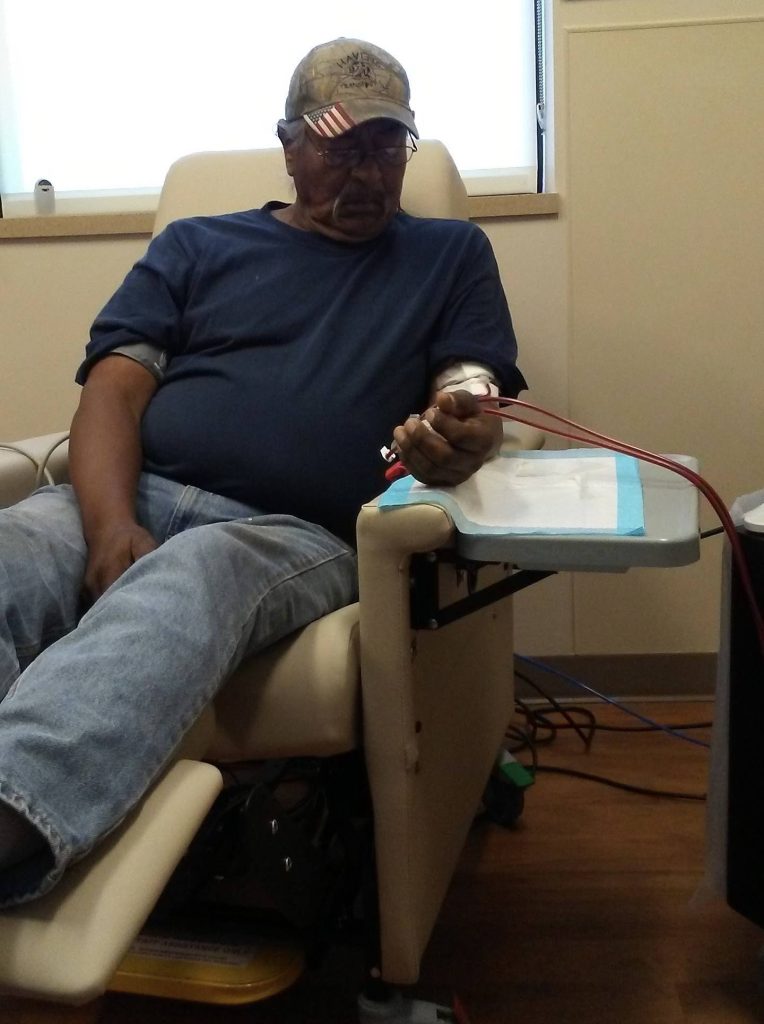
Then after several years, dialysis was not enough. Doctors told Robert he needed a kidney transplant to survive.
That's when Silena Thomas stepped in. Silena also grew up on the Navajo reservation facing similar struggles. She attended school on the reservation where she was able to learn English as well as Navajo. At home, her mother and grandmother only spoke Navajo so Silena often found herself translating for them.
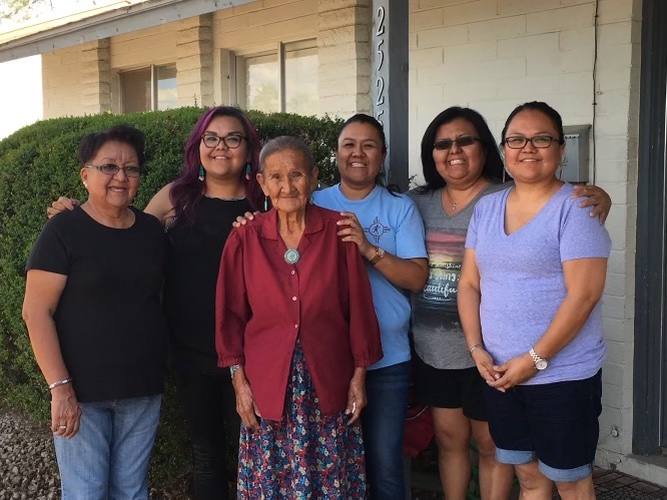
"My mom had a second grade education, and just following her to stores and different places, she would struggle communicating with non Navajos," says Silena. "During doctor visits, she had a hard time understanding, medications, doctor's instructions. I really wanted to be that bridge for my mom and help her with those barriers with communicating with her health care providers."
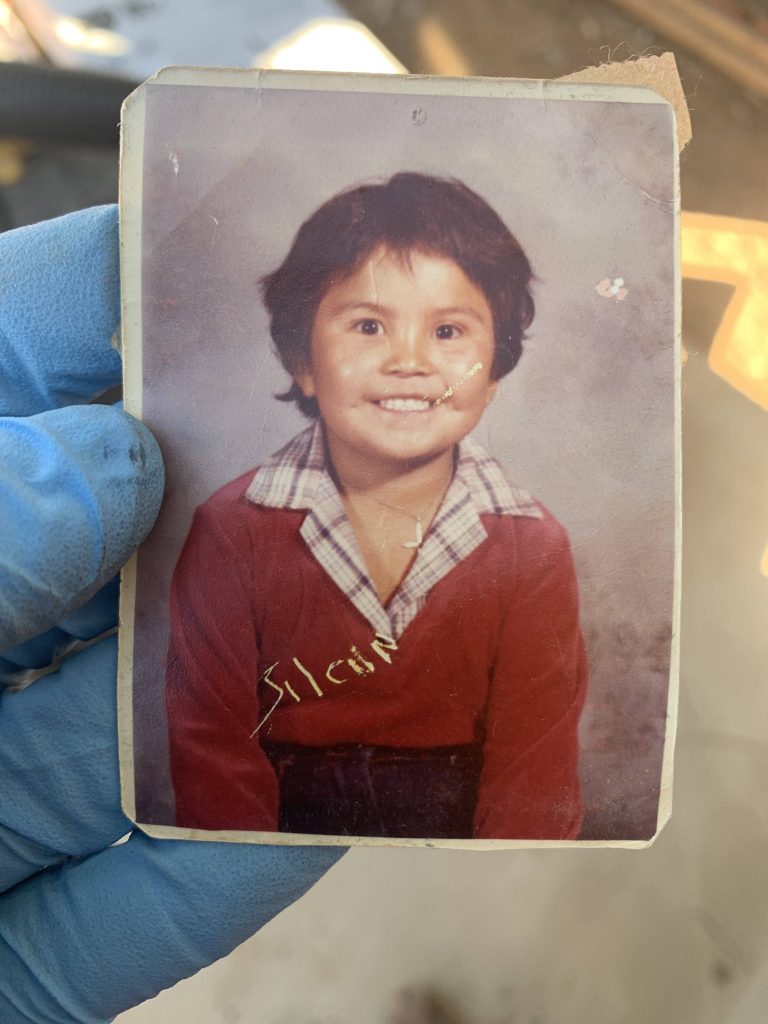
Silena is now bridging the communication and cultural gaps for hundreds of other Native Americans. She works as a patient navigator in the transplant center at Mayo Clinic in Arizona. She helps coordinate care for American Indians and Alaska Natives in need of a lifesaving organ donation. Her goal is to help remove the fears her family faced.
"You come here and this is a huge facility, and being from a remote area surrounded by all your family, and you come here and all you see are white faces, and you know that is scary, and that is intimidating, and plus you don't understand what they're saying," says Silena. "Then they try to ask you questions, and that can be very intimidating."
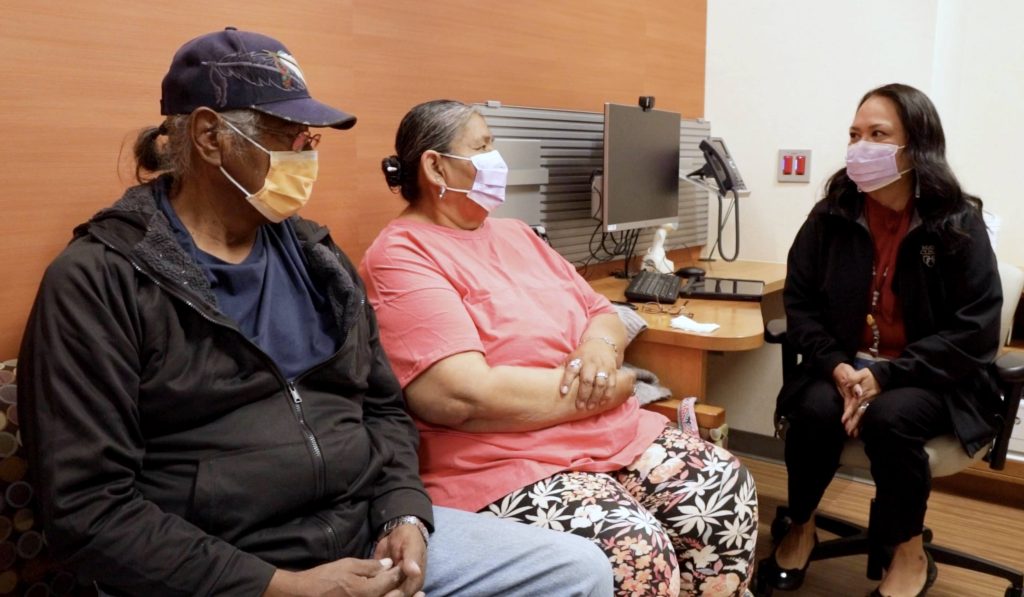
Silena reached out to Robert when she found out he was scheduled for a kidney transplant at Mayo Clinic. In the weeks leading up to the transplant, Silena helped the family with transportation, lodging, insurance, medical appointments, and other details necessary before the transplant. Jackie says being able to talk to Silena in Navajo, and the cultural connection they shared made them feel at home.
"She was like part of us at Mayo Clinic because she knew Navajo," says Jackie. "We would speak and laugh with her in Navajo and we felt comfortable because she was like a sister."
Silena has been in her new role for about a year. She says she loves her work, and feels it is a tribute to her heritage and her family. "I know that my mom would be very proud that I am doing this," says Silena. "Being able to do what I did for her and my grandma, and now I can do that for other patients as well."
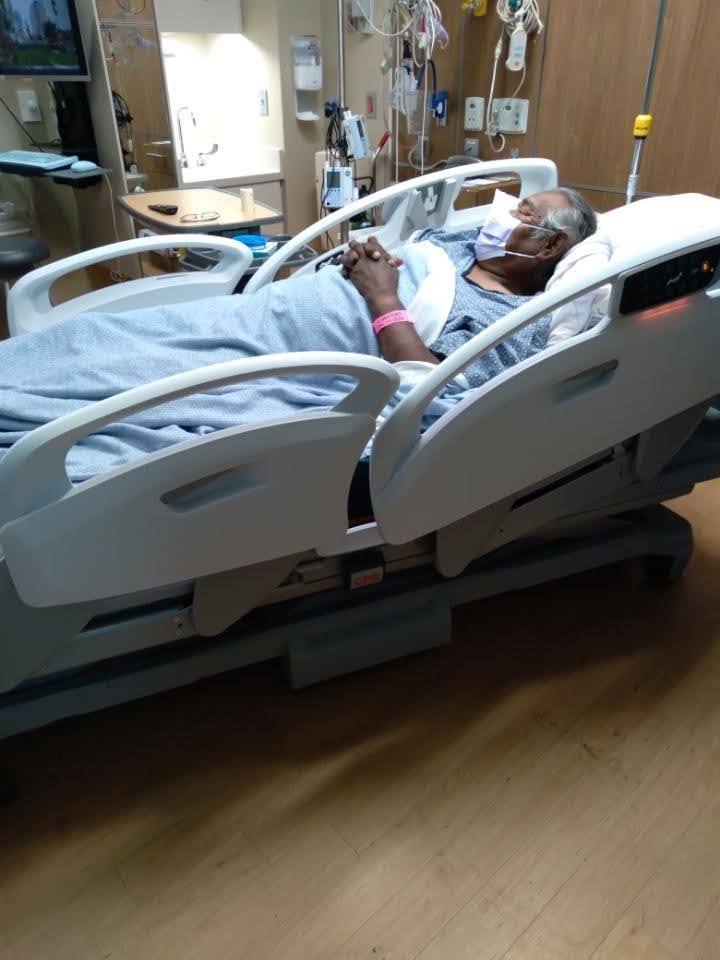
Robert's kidney transplant was a success. Fully recovered, he is back home on the land he loves, enjoying time with his family, and looking forward to a brighter future with gratitude for Silena and the donor who gave him the gift of life.
"The person who donated has a bigger heart than I do," says Robert. "Thank you for making me special again."
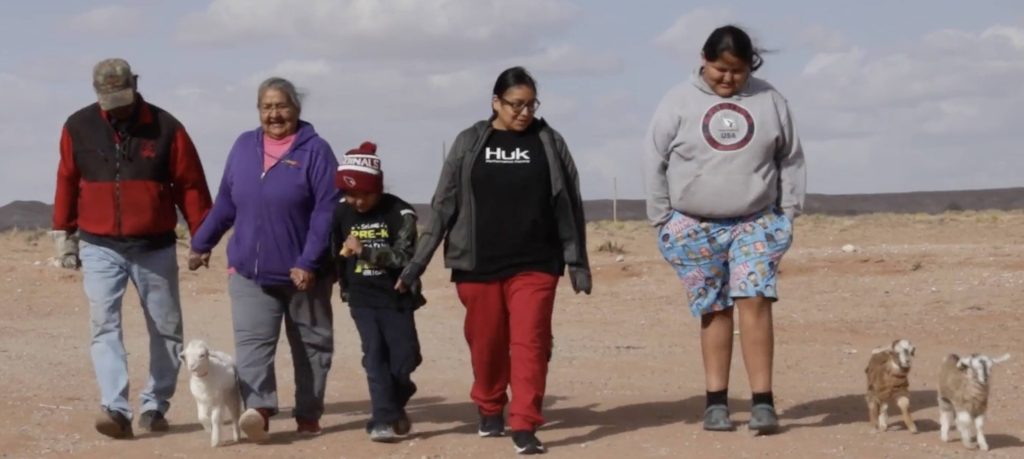
Related articles:
- Consumer Health: The truth about organ donation
- Mayo Clinic expert: 3 advances lead to more lifesaving organ transplants
- Consider organ donation during Donate Life Month







